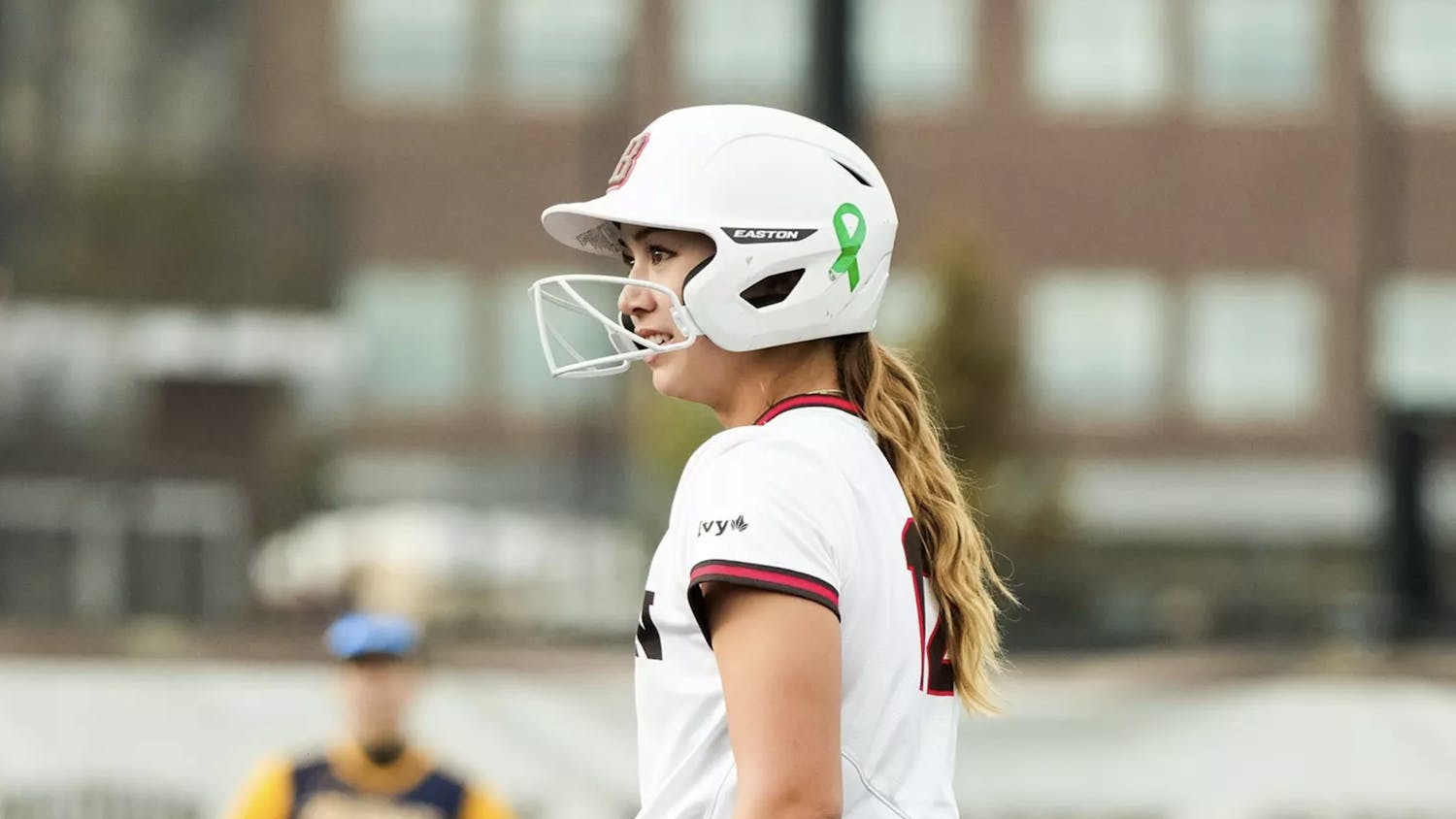With Major League Baseball’s offseason ramping up, it’s only a matter of time before baseball’s system of free agency gets put under the microscope. This annual scrutiny is a good thing because baseball’s free agency system needs a change.
Two elements of the system stand out as needing reform, both of which have been debated heavily over the last several years: the system of qualifying offers and the sudden prevalence of opt-out clauses in multi-year contracts.
I’ll start with the opt-out issue, because it already affects me. Outfielder Yoenis Céspedes, who hit 30 home runs and held the New York Mets’ offense together in 2016, has already opted out of the final two years of his deal. He deserves neither blame nor condemnation: There was an opt-out clause in his contract, and he was fully entitled to exercise it. But the clause should not have been in his contract in the first place.
It’s not hard to see the problem with opt-outs: They automatically work for the benefit of the player over the team. Say a player signs a four-year deal with an opt-out after two years. If the player is playing well, he opts out and signs somewhere else for more money. If his production has dropped off, he doesn’t opt out, and the team is stuck, paying more than the player himself has acknowledged he’s worth. Essentially, an opt-out clause turns one contract into two separate deals, neither of which benefits the team: a long-term deal for a bad player, or a deal for a good player that ends too soon.
Supporters of opt-outs will undoubtedly argue that the value of the clauses lies in their motivating factor: Players will play better because an opt-out in their future will reward them for it. But this implies that the entire system of contract is insufficient, a position that doesn’t seem realistic. No other professions require opt-out clauses to ensure that part of a contract is carried out in the best possible way. Imagine a lawyer, for instance, adding a provision to a deal that if a case were going well, the lawyer could withdraw halfway through and demand a higher fee from his client. The argument of performance incentive does not stand up: Contracts themselves should be all the incentive players need.
Any restrictions on opt-outs will be firmly opposed by the players’ union, since they benefit players enormously. But there are solutions. The MLB could lobby for ending opt-outs, for example, by increasing the major league minimum salary or by expanding team rosters, creating more major-league jobs. These are not necessarily the only solutions, but the point is that opt-outs can be dealt with, and they should be.
But if the players’ union is against limitations on opt-outs, its opinion on the qualifying offer system is the opposite. Players are almost unilaterally against the system for a simple reason: It brings down the value of free agents.
Under the current system, at the end of each season, teams may offer departing free agents “qualifying offers” — one-year deals for a certain, league-established value. This year’s qualifying threshold was one year, $17.2 million. Of the 10 players who received offers this season, most or all will decline and hit the open market.
A team whose qualifying offer is declined receives compensation: a first-round draft pick. In turn, the team that signs that player must sacrifice its highest pick, unless that pick falls in the top 10. This may seem at first glance like a simple strategy to encourage parity by compensating teams with less financial might. But looking deeper, it is not without its problems.
For one thing, being attached to a forfeited draft pick decreases players’ values. A player may deserve a five-year, $100 million contract, but if that player has received a qualifying offer, teams considering signing them must subtract from their value the value of the draft pick they will lose. Contracts received by these players subsequently pay them less than the open market otherwise would. For another, the current system makes it for difficult for teams to simultaneously compete and develop minor league talent. A team that has built its success on a strong farm system now cannot sign the best major free agents without undermining the project of developing young players.
So what is the solution? It’s simple, even if the qualifying offer system is maintained. MLB should simply stop penalizing teams that sign players that have rejected the qualifying offer, while continuing to reward teams that cannot afford to re-sign their stars. This way, no one loses picks: The free agent market can continue paying players what they deserve, and teams can continue competing as best they can.
There are all sorts of problems with making changes to the system of free agency: Either the players’ union or the commissioner’s office will almost certainly object to nearly any reform proposed. But both of these entities should see reason. Both should come together and affirm that small concessions are worth the cost so that Major League Baseball can continue to be played at as high a level as possible.
James Schapiro ’19 hopes Céspedes stays. He can be reached at james_schapiro@brown.edu.




